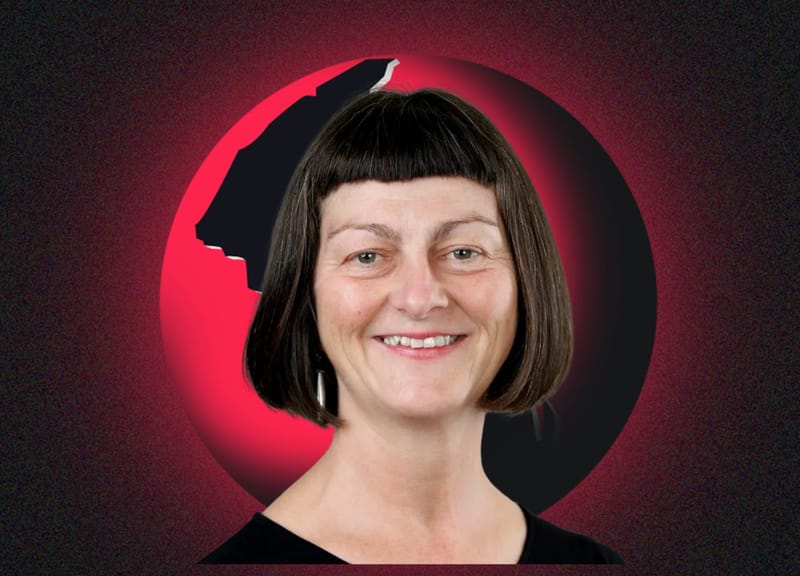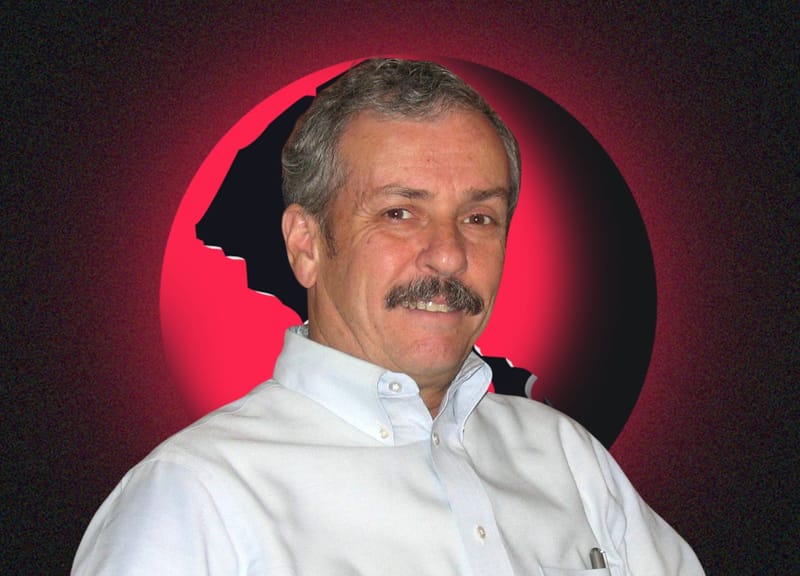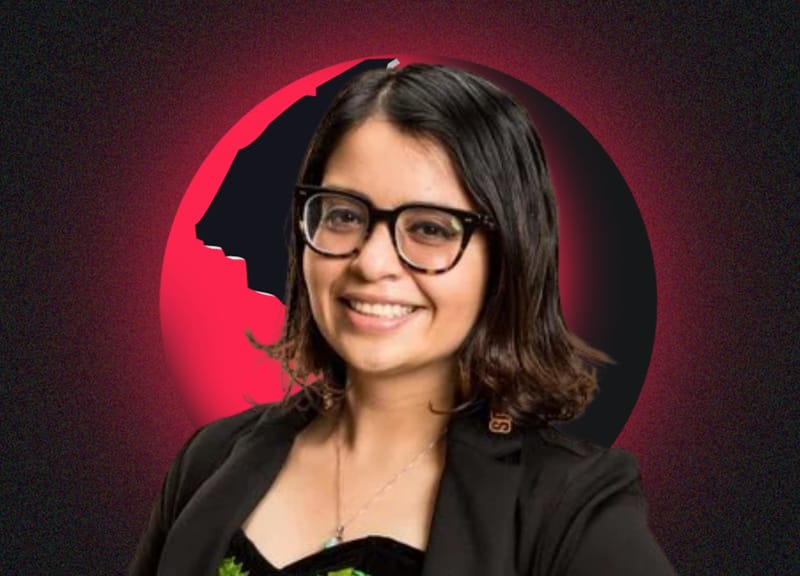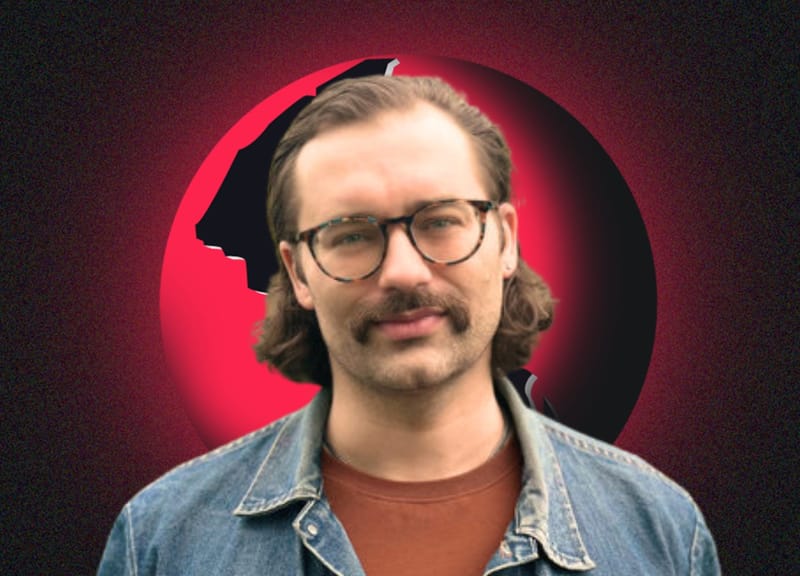The Most Sustainable Economy in the World | Kate Raworth
The regenerative, distributive doughnut
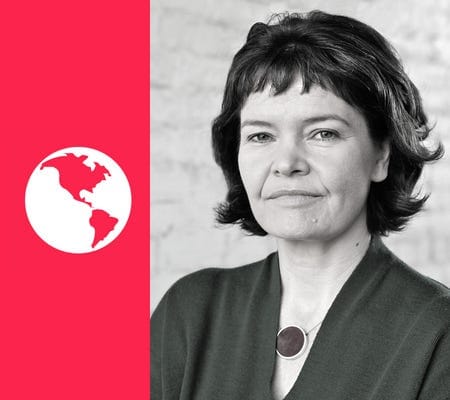
“When you're in a country where so much has been privatised and sold to overseas investors, where you've lost control over it, so you've commodified many of the basics of life, which aren't truly commodities. They are the essentials of life. They are human rights. But you've allowed housing to be treated as a commodity, energy to be treated as a commodity. These are essentials for life.
“And so we find ourselves in this crisis situation where the further you go down that road, the more radically transformative it appears to be trying to actually solve these issues by bringing them away from that commodification sphere, and actually treating them as if they are public goods that need to be insured as human rights.”
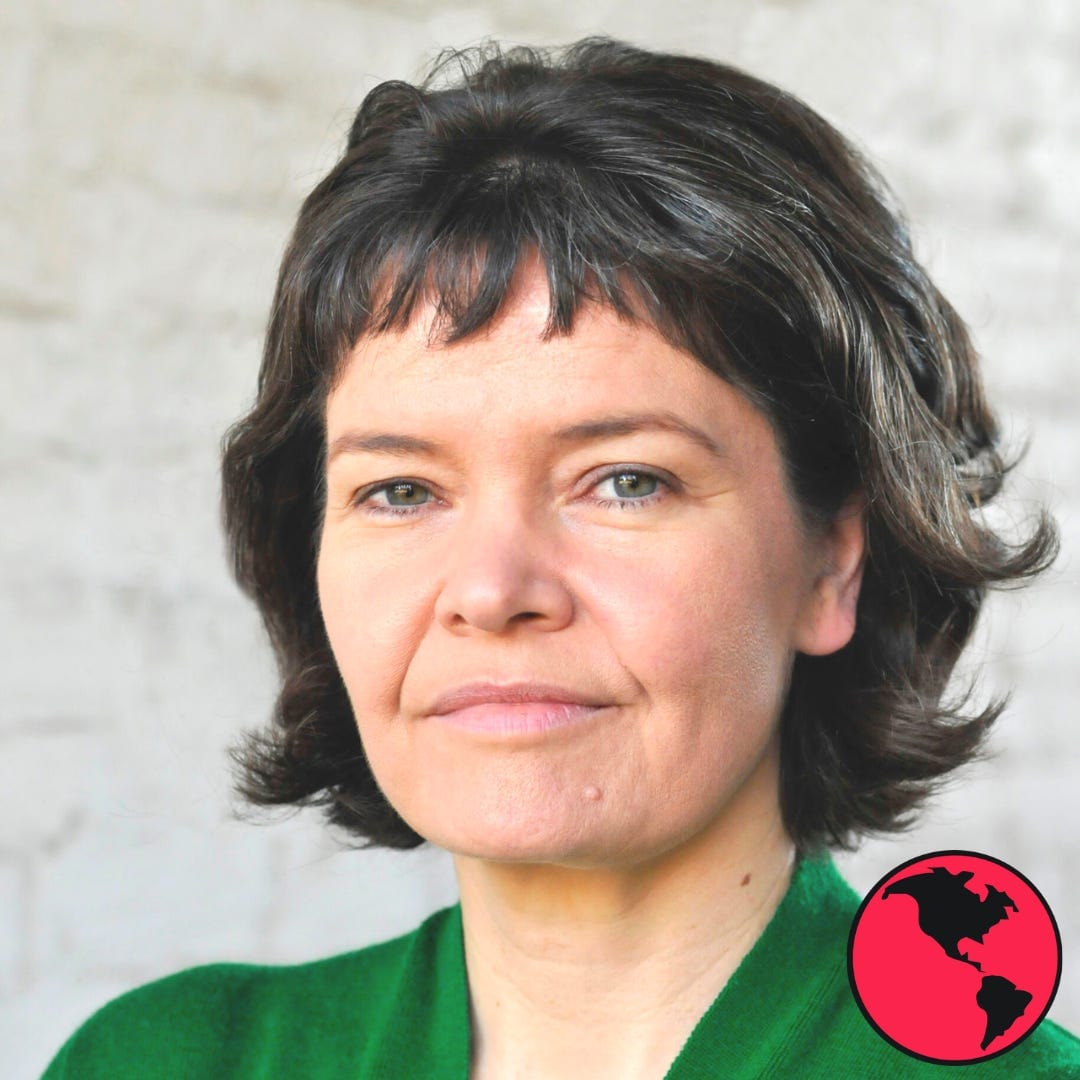
Kate Raworth is a renegade economist focused on making economics fit for 21st century realities. Senior Associate at Oxford University’s Environmental Change Institute, she is the creator of the Doughnut of social and planetary boundaries, and co-founder of Doughnut Economics Action Lab.
Kate joins me to discuss Doughnut Economics, her radical theory of a regenerative and distributive economics model which protects both planet and citizens. This is an economy which prioritises well-being, rejects the market principles and profit-maximisation, and enables the principles of community and creativity to flourish.
We discuss the fallacy of growth and neoliberalism, the extractivism of “developed” nations, long-termism vs short-termism, and the principles of regeneration and distribution. Kate also shares success stories from the communities and local governments implementing the doughnut model.
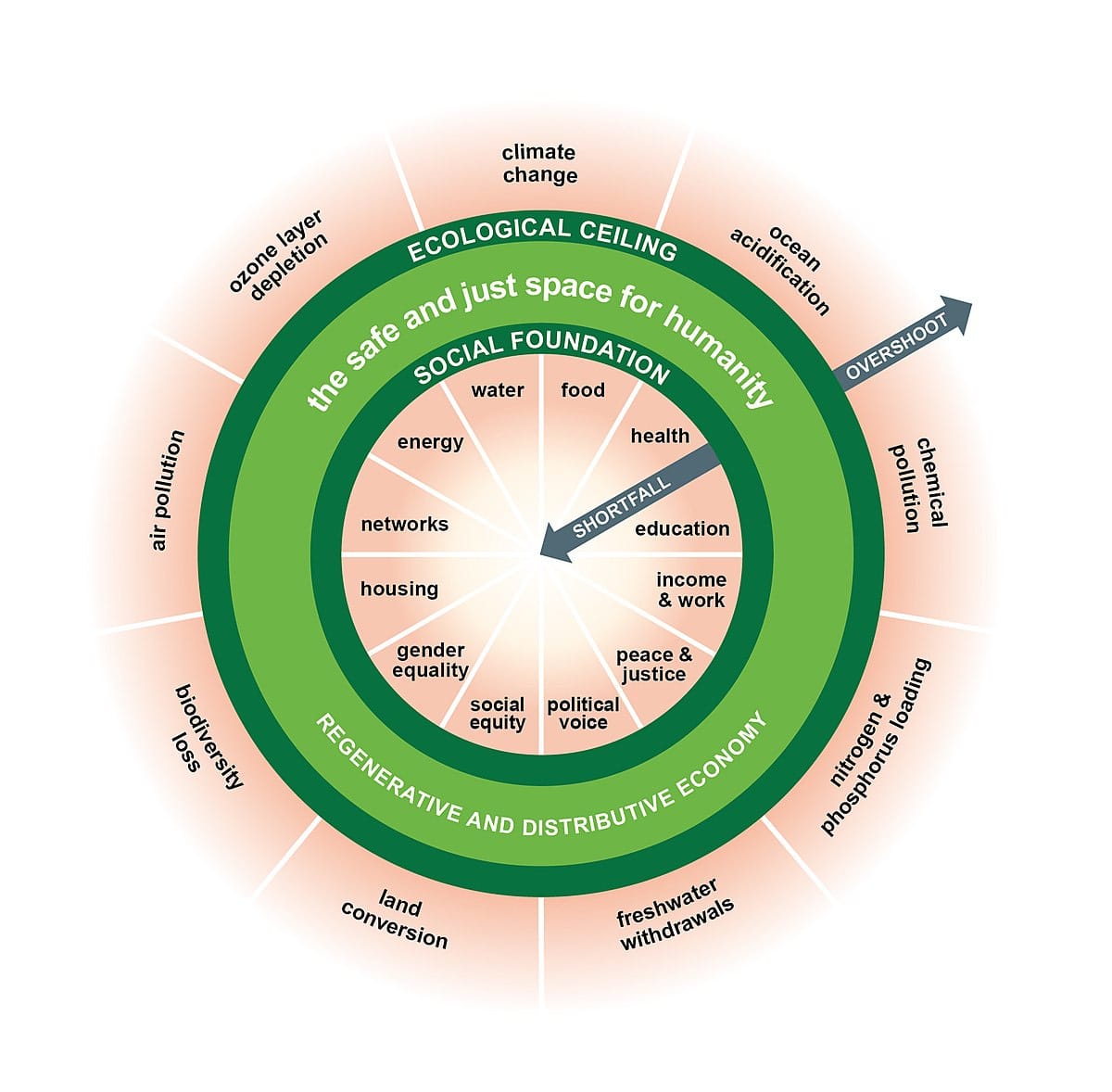
Planet: Critical investigates why the world is in crisis—and what to do about it.
